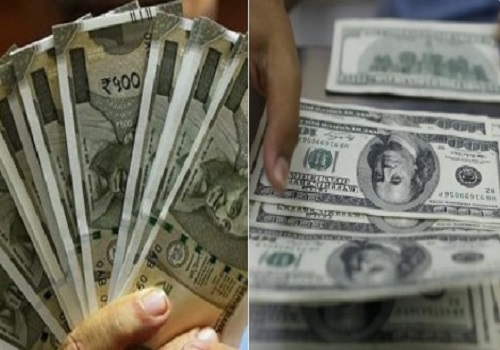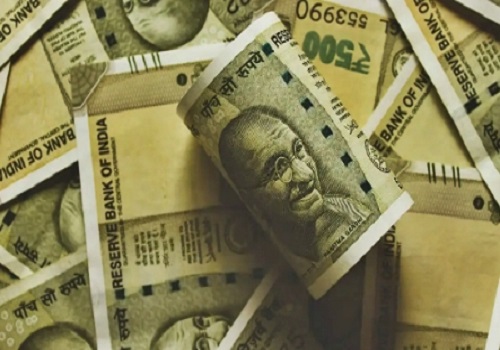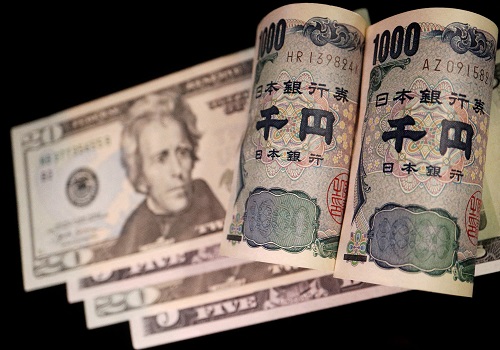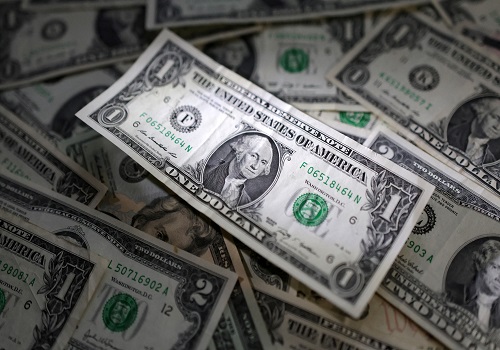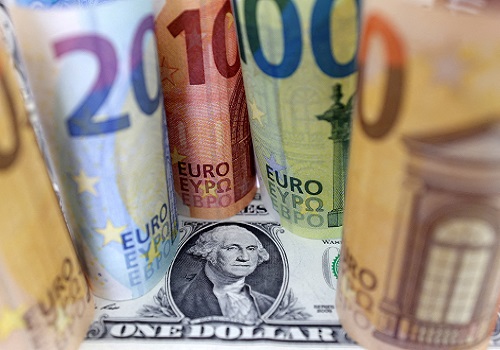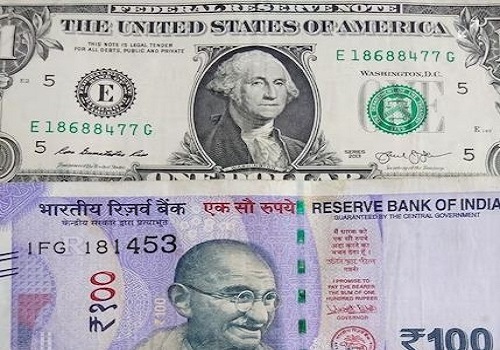Rupee ends weaker; Fed policy path, yuan price action in focus
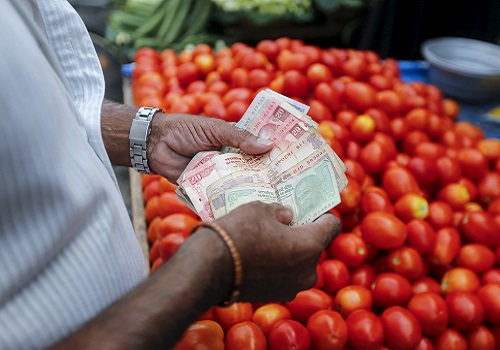
Follow us Now on Telegram ! Get daily 10 - 12 important updates on Business, Finance and Investment. Join our Telegram Channel
The Indian rupee ended lower on Friday pressured by month-end dollar demand from importers, with traders expecting the future path of U.S. monetary policy and the Chinese yuan to be key drivers of the currency's trajectory.
The rupee closed at 83.70 against the U.S. dollar, compared to its previous close of 83.6425. The currency slipped 0.1% for the week.
The dollar index was down slightly at 100.5 while broader Asian currencies were mixed, with the Chinese yuan retreating from a 16-month high and the Malaysian ringgit rising 0.4%.
The rupee declined this week after failing to hold above its key resistance level of 83.50.
Traders pointed to strong dollar demand from local importers, paring of speculative longs, and likely absorption of dollar inflows by the Reserve Bank of India as factors that have kept a lid on the currency's gains.
The rupee was has been unable to benefit much from a strong pickup in inflows, lower crude oil prices and a rally in most of its regional peers this month.
Meanwhile, dollar-rupee forward premiums slipped after strong U.S. economic data blunted hopes of another 50 basis points rate cut by the Fed in November and lifted U.S. Treasury yields.
The 1-year implied yield was down 2 bps at 2.38% after touching a 16-month peak in the previous session.
U.S. personal consumption expenditures (PCE) data is due later on Friday, and is expected to show that August core PCE inflation was unchanged at 0.2% month-on-month, according to a Reuters poll.
"Even in the case of a small deviation from consensus, the recent shift in the Fed's focus to the employment side of its mandate means markets are less sensitive to inflation news," ING Bank said in a note.

















